There are a few moments in life that draw an audible gasp, that make the heart skip a beat and the adrenaline surge. The thrill of unwrapping a much-anticipated video game certainly ranks among these experiences. The blend of excitement and anticipation that envelopes you as you prepare to dive into a new digital universe is near palpable. But what happens when the game you’ve eagerly awaited falls far short of the grand promises it made?
How does it feel when the bright beacon of hope transforms into an unmitigated disaster? This article takes you on a journey through such turbulent waters. Welcome to a countdown of the ten most colossal failures in the gaming industry, the instances where the divide between expectations and reality was simply too great to ignore.
DriveClub – A Disappointing Breakdown
Evolution Studios, a British game developer, once harbored immense ambitions. It was at the helm of one of the two games that resulted in the collapse of a beloved studio. The game in question is DriveClub, a fiasco that was so disastrously handled, it led Sony to shutter the studio. It’s curious to ponder whether Sony now laments the millions spent on fresh developers. But let’s get something straight – the game itself was far from terrible. Quite the opposite, in fact. DriveClub was a skillfully crafted racing game with stunning graphics that thrilled the early adopters of the PS4.
Yet, the truth remains that expectations were astronomic. The game was intended to be a launch title for the new generation, and a stripped-down version of it was to be a part of PS Plus on the day of its premiere. Given this was a pre-Game Pass era, the allure was gigantic. Sadly, the studio encountered a delay of a full year, and the “free” edition took even longer to see the light of day. Some of the promised features were also absent at launch, leaving players waiting another year to experience them fully. As a result, DriveClub morphed into an emblem of unfulfilled promises.
Mass Effect Andromeda – A Heart-Wrenching Letdown
The release of Mass Effect Andromeda dealt a devastating blow to the hearts of the franchise’s legion of devoted fans. After the epic, albeit contentious, conclusion of the original trilogy, players anticipated a fresh start to the grandest space opera in gaming. BioWare, the studio behind the series, however, decided to entrust the creation of the new chapter to its secondary team, a decision that would prove costly. The game was riddled with laughable bugs at launch, but that was just the tip of the iceberg.
The true crime of Andromeda was the affront it committed to the cherished Mass Effect universe. The original trilogy is renowned for its compelling characters, captivating narrative, expansive universe, and emotional battle against the Reapers. Its legacy is that of one of the most enthralling tales in video game history. Yet, Andromeda, with its abundant potential for greatness, was a stark departure from this. The universe, ripe for the exploration of games, films, series, comics, and more, was mistreated with what felt like callous disregard. The result was a game that made the allure of the Mass Effect brand vanish almost instantaneously. The fall from grace couldn’t have been steeper.
SimCity – The Fallen Titan
Maxis, the renowned studio behind the iconic brand SimCity, was primed for a triumphant return that seemed almost inevitable. Even I was taken in by the allure of the beta version, which was available prior to the game’s official release. It was an intoxicating experience, albeit one marred by a significant limitation—a time constraint that only allowed city development for a mere hour. This, in turn, masked the underlying issues that would only come to light once the full game was unleashed.
The criticisms from the players were quick to flood in, pointing out the restrictively small maps that rapidly ran out of space. The innovative concept of fostering connections between cities managed by different players, too, was met with dissatisfaction. Maxis’ vision was for the new SimCity to embody cooperative gameplay, a vision that sadly, the game’s servers, which were often down during the game’s premiere, were blissfully unaware of.
SimCity captured the attention of many, yet due to a plethora of technical issues and ill-advised decisions, interest swiftly dwindled to negligible levels. The downfall was so immense that, despite its inherent potential, the SimCity brand remains undeveloped to this day.
Lair – An Unfortunate Blast from the Past
Lair is the oldest game referenced here and serves as a reminder of a time that harks back to the infancy of the PlayStation 3 era. Frankly, it wasn’t Sony’s finest hour. The new console was not only expensive but also notoriously complicated to handle. However, Sony was intent on showcasing the console’s immense capabilities. To fulfill this mission, they commissioned Factor 5 studio to develop a game that could truly demonstrate the power of the hardware.
The game, Lair, was set to dazzle with its visually striking dragons and the utilization of the new Sixaxis controller, equipped with a gyroscope. Unfortunately, the true issues lay rooted in these very selling points. The game fell short on aesthetics and failed to provide an engaging gameplay experience. Coupled with this was the cumbersome and imprecise control system, which proved to be the game’s undoing. The consequences were disastrous – sales plunged, the studio shuttered, and PlayStation 3 trudged on without a worthy exclusive title.
Battlefield 2042 – A Turbulent Journey
The tale of Battlefield 2042 is still unraveling, its shockwaves rippling through the gaming world. However, the root issues seem all too familiar. Once again, we see the struggle of a project caught between satisfying player expectations and technical feasibility. EA DICE’s ordeal with the latest iteration of the Frostbite engine, their proprietary technology, is well documented, contributing largely to the numerous bugs that marred the game’s launch.
Poor design choices further amplified the problem, ensnaring the developers in a quagmire. The crisis reached such a fever pitch that they began attributing player attrition to the release of Halo Infinite, a competitor that hit the market shortly afterwards. Such a move suggested a lack of a clear vision and leadership, a startling revelation considering Battlefield is one of Electronic Arts’ marquee franchises.
The turbulent launch of Battlefield 2042 should serve as a wakeup call. It calls for a period of reflection, a reassessment of the strategic direction, before returning to the drawing board with renewed vigor and a clear roadmap. Yet, the gaming industry waits for no one. As EA struggles to navigate these choppy waters, the Battlefield brand’s standing wanes. The implications of Battlefield 2042’s rocky launch will undoubtedly reverberate for years to come.
Aliens: Colonial Marines – A Misfire in Space
Aliens: Colonial Marines was poised to be a game of extraordinary promise. Gearbox Software, armed with its impressive track record, was slated to deliver arguably the finest game set in the Alien universe. The result, however, was nothing short of a catastrophic failure.
The fact that the game underperformed is just one facet of the story. The game’s release was shrouded in controversy, from a drawn-out production cycle to allegations of financial misappropriation. Gearbox was accused of siphoning off funds allocated for Aliens: Colonial Marines, funneling them instead towards the development of Borderlands 2 and Duke Nukem Forever. Given the numerous controversies involving Randy Pitchford, the studio’s founder, such allegations seem far from far-fetched.
Adding to the comedy of errors was an absurd bug that virtually incapacitated the game’s AI. The fix was surprisingly simple – the correction of a single character in the game’s code. Yet, this minor misstep had massive implications, reducing the highly-anticipated game to a punchline. A testament to the unpredictability and merciless nature of the gaming industry.
Fallout 76 – A Rough Journey to Redemption
When discussing revered developers and iconic Intellectual Properties (IP), we should ideally not have to encounter them on lists of this nature. Yet, Fallout 76 finds itself here as a stark example of how even the best can stumble. This manifestation of Bethesda’s celebrated post-apocalyptic universe became an unfortunate showcase for a myriad of bugs, with the utilization of an antiquated engine only adding to the issues. This resulted in a game that not only looked visually underwhelming at launch but was riddled with bugs.
However, not all of these issues could be chalked up to outdated technology. Some were simply the outcome of rushing an undercooked product to market. Adding to Bethesda’s woes were a series of bizarre incidents, such as the infamous low-quality collector’s edition bag, which only served to incite further player dissatisfaction.
Consequently, the game was met with an avalanche of criticism, and sales nosedived so severely that deeply discounted copies gathered dust on store shelves. But every cloud has a silver lining – Bethesda managed to claw its way out of this quagmire, and today, Fallout 76 enjoys a considerably improved standing. Despite this redemption, the game’s tumultuous launch remains a testament to the consequences of hasty product release.
Duke Nukem Forever – A Legend Fades
The tale of Duke Nukem is indeed a perplexing one. Shrouded in myth for years, the game’s subtitle, ‘Forever,’ seemed to be a tongue-in-cheek nod to its infamously prolonged production cycle. Then, a plot twist occurred. The project shifted hands from 3D Realms to Gearbox Software.
But the creators of Borderlands found themselves facing a bitter reality – Duke Nukem Forever failed to live up to its legendary hype. While they managed to see the game to completion, the final product fell far short of expectations. It was a lackluster shooter that failed to capture the gaming community’s imagination. Sales figures mirrored the game’s lukewarm reception.
The lore of a perpetually in-development game wasn’t enough to entice players to part with their money. Now, more than a decade post-release, there’s a conspicuous absence of chatter about a potential new installment in the series. Gearbox Software, it appears, harbors some regret over its venture into the Duke Nukem franchise.
Grand Theft Auto: The Trilogy – The Definitive Edition: A Definitive Letdown
Rockstar Games, a titan in the gaming industry, isn’t usually associated with failures, making the case of Grand Theft Auto: The Trilogy – The Definitive Edition all the more shocking. The Grand Theft Auto franchise stands as a monumental testament to Rockstar’s knack for crafting riveting narratives and immersive gameplay, a legacy which only amplified expectations for the trilogy’s re-release.
What was intended to be a heartwarming trip down memory lane, back to the heyday when Rockstar North was synonymous with trailblazing game releases, swiftly turned into a disaster. The trilogy’s remaster, handled by Grove Street Games, leaned on artificial intelligence techniques, a strategy that unfortunately did not yield the desired upgrades. In fact, it led to the creation of a plethora of new issues.
Despite the evident demand in the gaming community for this reboot, the outcome was a far cry from what players were anticipating. They longed for the triumphant return of the beloved ‘trilogy,’ Vice City, and San Andreas in an enhanced format. However, Rockstar, a company renowned for its wealth and reputation, served up arguably the most disappointing remaster in gaming history – a product that was visually unappealing, bug-ridden, and critically lacking the enchanting aura that made the original games so adored.
Cyberpunk 2077 – A Legend of Letdown
The inclusion of Cyberpunk 2077 on this list is hardly a revelation. The calamitous launch of this highly-anticipated game has achieved legendary status within the industry. Initially, the early reviews for the PC version didn’t hint at the storm that was to follow. However, the unveiling of the console versions heralded the beginning of a nightmare for CD Projekt RED.
The crisis didn’t just affect the game developers – the company’s shareholders also bore the brunt of the fallout. The stock prices tumbled dramatically in the wake of the game’s launch. The severity of the situation was underscored when the game was pulled from one of the major platforms, a move that clearly illustrates the depth of the issues at hand.
CD Projekt RED deserves some credit for the tireless efforts they’ve invested in attempting to rectify the issues plaguing Cyberpunk 2077. However, their place in the annals of the most disappointing game launches in recent history is cemented. The narrative surrounding the game serves as a stark reminder of the potential pitfalls that can beset even the most esteemed game developers.










































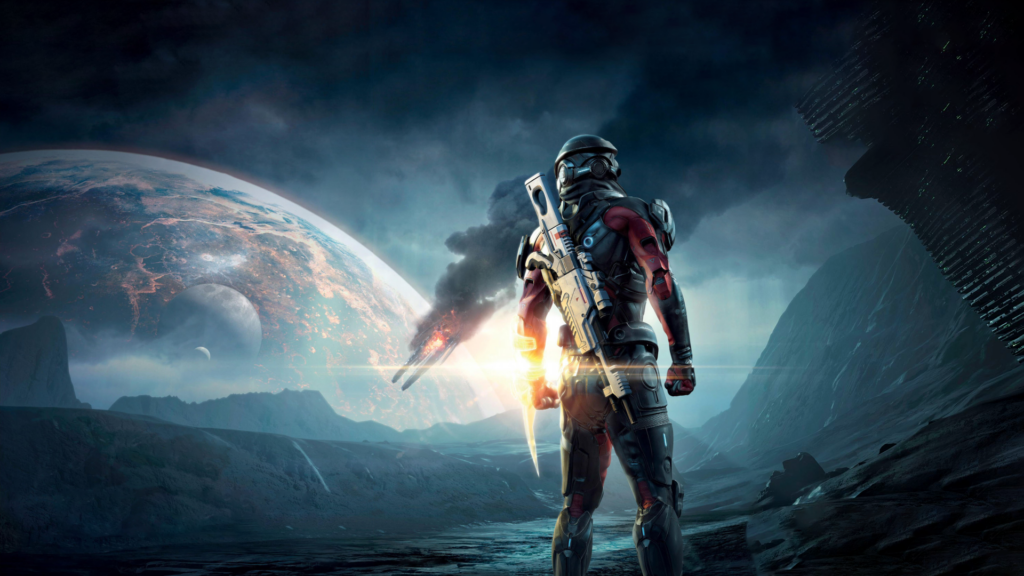

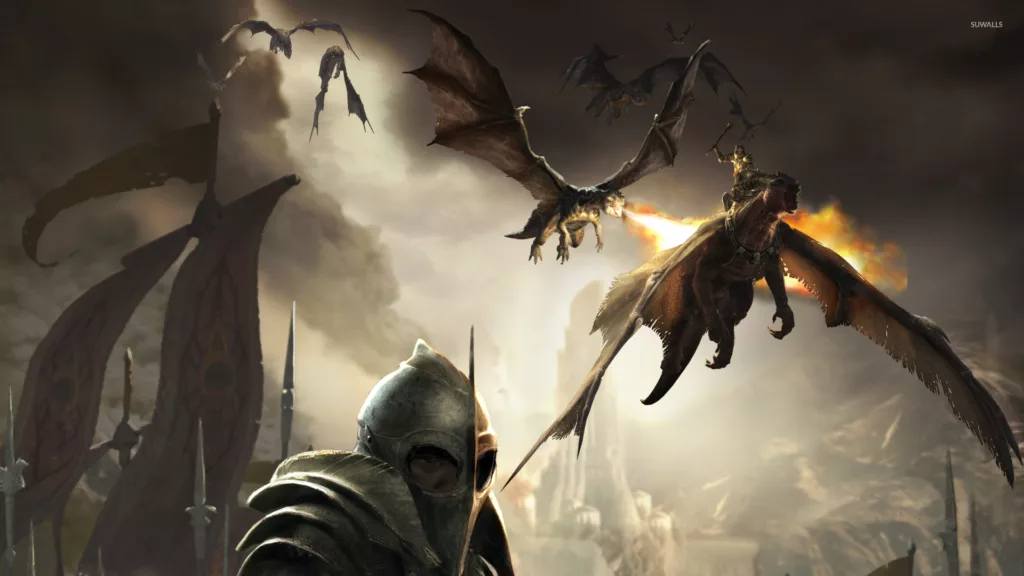
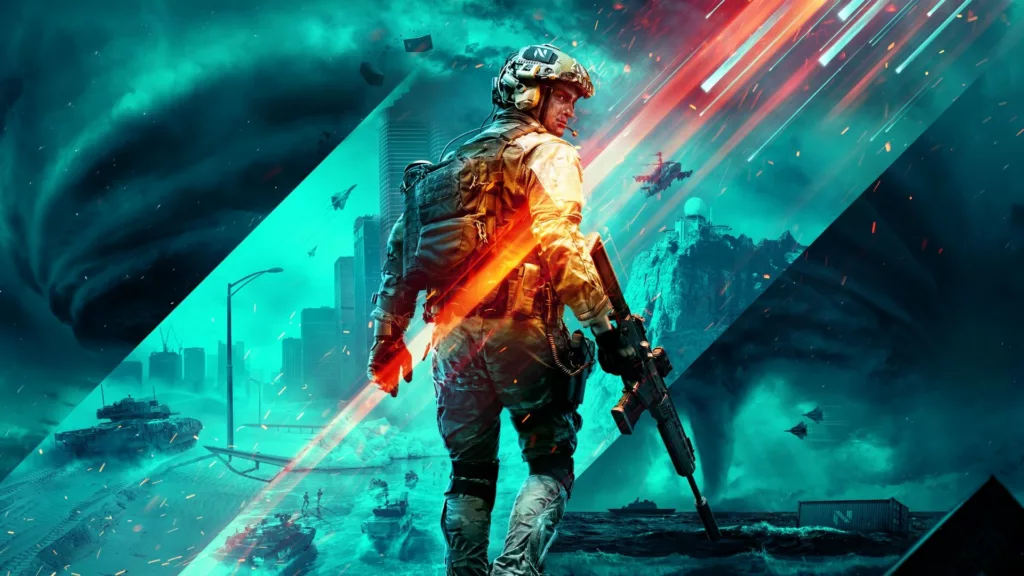
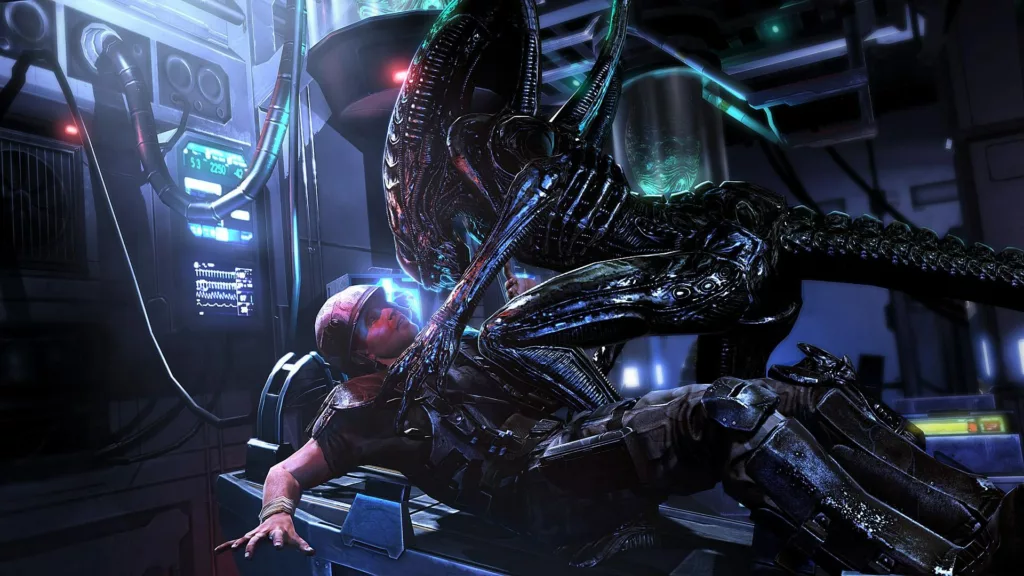
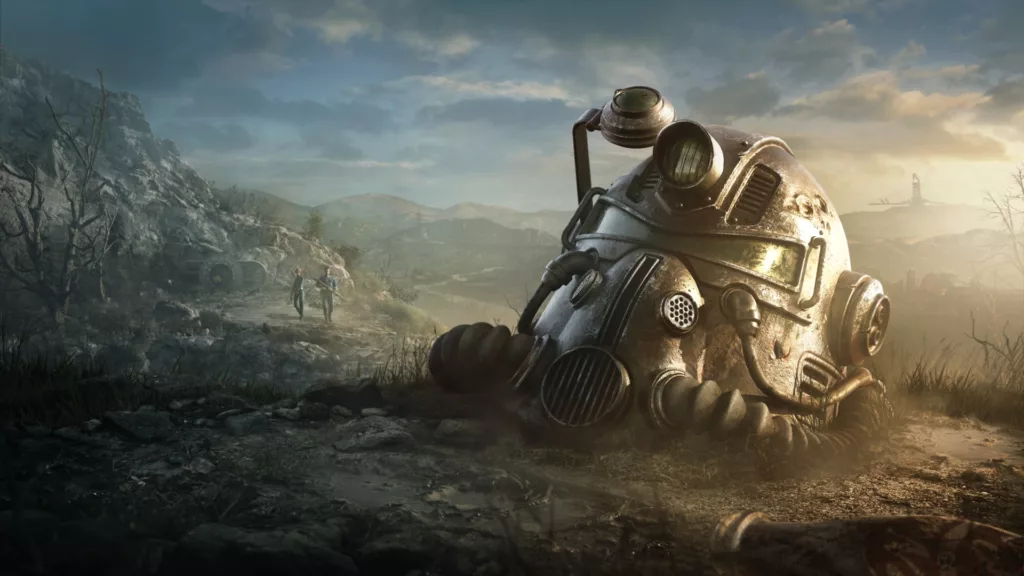
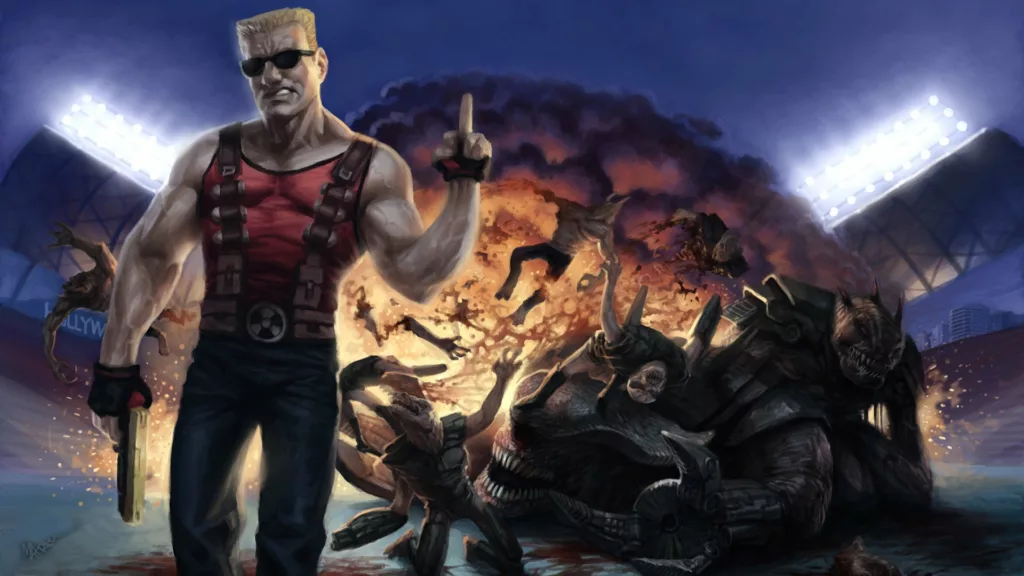
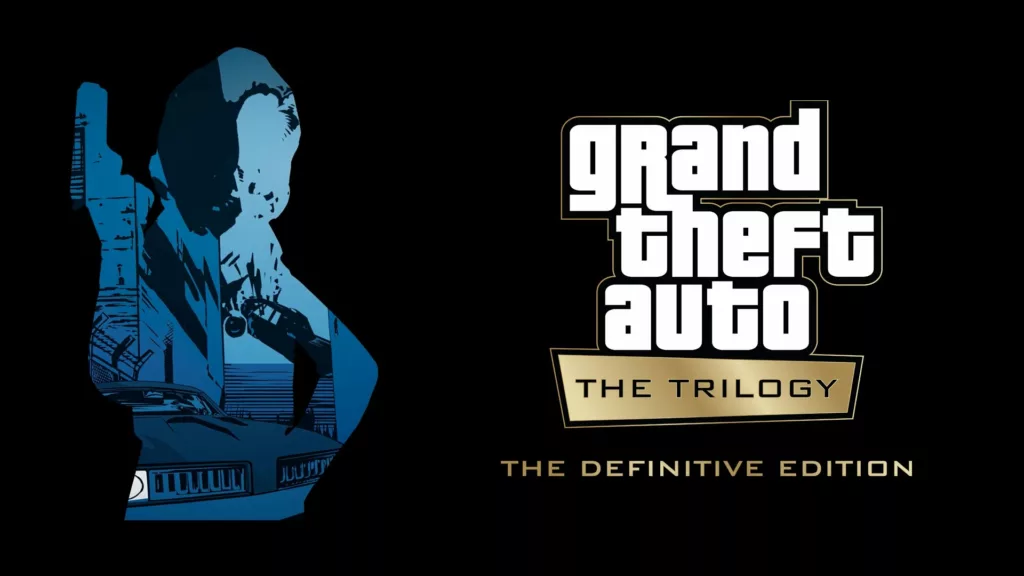
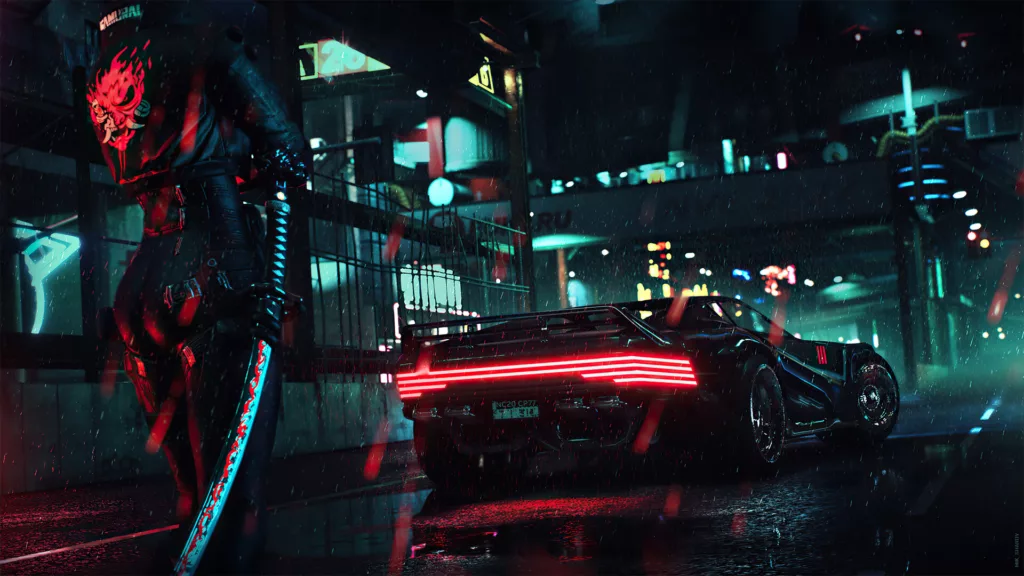








Discussion about this post